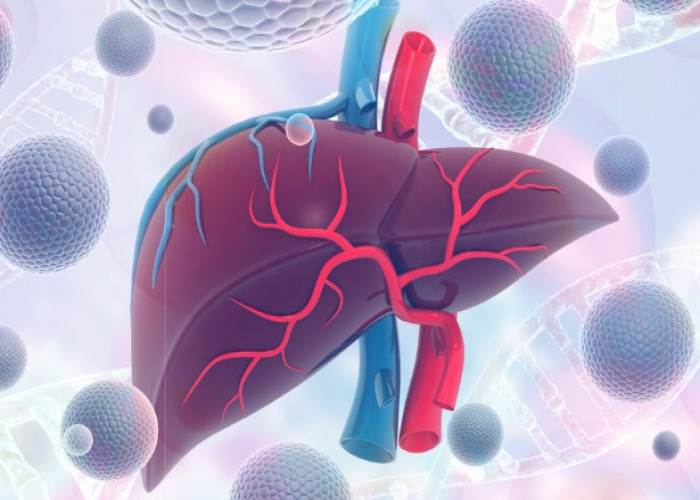 Welcome
Welcome
“May all be happy, may all be healed, may all be at peace and may no one ever suffer."
Toxic hepatitis

Toxic hepatitis is a type of liver inflammation that is caused by exposure to certain toxins, drugs, or chemicals. It is not caused by a virus, as in viral hepatitis. When the liver is exposed to these substances, it can become inflamed, swollen, and damaged, which can impair its ability to function properly.
Symptoms of toxic hepatitis can include jaundice (yellowing of the skin and eyes), nausea, vomiting, abdominal pain, fatigue, and dark urine. In severe cases, it can lead to liver failure, which can be life-threatening.
Treatment for toxic hepatitis depends on the underlying cause of the condition. The first step is typically to identify and remove the toxin or drug that is causing the inflammation. Supportive care, such as rest, hydration, and nutrition, may also be needed to help the liver heal. In some cases, medications or other interventions may be used to manage specific symptoms or complications.
Preventing toxic hepatitis involves avoiding exposure to substances that can damage the liver, such as alcohol, certain drugs, and chemicals. It is also important to follow dosing instructions carefully for any medications or supplements that are taken, and to discuss any concerns with a healthcare provider. If toxic hepatitis is suspected, it is important to seek medical attention promptly to prevent further damage to the liver.
Research Papers
Disease Signs and Symptoms
- Yellowing of skin and eyes (jaundice)
- Coma
- Hepatitis
- Abdominal pain in the upper right portion of the abdomen
- Tea-colored urine
- Weight loss
- Fever
- Skin rash
- Nausea or vomiting
- Loss of appetite
- Fatigue (Tiredness)
- Upper right or center abdomen pain
- Abdomen pain
- Itching
- Upper abdomen pain
Disease Causes
Toxic hepatitis
Toxic hepatitis occurs when your liver develops inflammation because of exposure to a toxic substance. Toxic hepatitis may also develop when you take too much of a prescription or over-the-counter medication.
The liver normally removes and breaks down most drugs and chemicals from your bloodstream. Breaking down toxins creates byproducts that can damage the liver. Although the liver has a great capacity for regeneration, constant exposure to toxic substances can cause serious, sometimes irreversible harm.
Toxic hepatitis can be caused by:
- Alcohol. Heavy drinking over many years can lead to alcoholic hepatitis — inflammation in the liver due to alcohol, which can lead to liver failure.
- Over-the-counter pain relievers. Nonprescription pain relievers such as acetaminophen (Tylenol, others), aspirin, ibuprofen (Advil, Motrin IB, others) and naproxen (Aleve, others) can damage your liver, especially if taken frequently or combined with alcohol.
- Prescription medications. Some medications linked to serious liver injury include the statin drugs used to treat high cholesterol, the combination drug amoxicillin-clavulanate (Augmentin), phenytoin (Dilantin, Phenytek), azathioprine (Azasan, Imuran), niacin (Niaspan), ketoconazole, certain antivirals and anabolic steroids. There are many others.
- Herbs and supplements. Some herbs considered dangerous to the liver include aloe vera, black cohosh, cascara, chaparral, comfrey, kava and ephedra. There are many others. Children can develop liver damage if they mistake vitamin supplements for candy and take large doses.
- Industrial chemicals. Chemicals you may be exposed to on the job can cause liver injury. Common chemicals that can cause liver damage include the dry cleaning solvent carbon tetrachloride, a substance called vinyl chloride (used to make plastics), the herbicide paraquat and a group of industrial chemicals called polychlorinated biphenyls.
Disease Prevents
Toxic hepatitis
Because it's not possible to know how you'll react to a particular medication, toxic hepatitis can't always be prevented. But you may reduce your risk of liver problems if you:
- Limit medications. Take prescription and nonprescription drugs only when absolutely necessary. Investigate nondrug options for common problems such as high blood pressure, high cholesterol and arthritis pain.
- Take medications only as directed. Follow the directions exactly for any drug you take. Don't exceed the recommended amount, even if your symptoms don't seem to improve. Because the effects of over-the-counter pain relievers sometimes wear off quickly, it's easy to take too much.
- Be cautious with herbs and supplements. Don't assume that a natural product won't cause harm. Discuss the benefits and risks with your doctor before taking herbs and supplements. The National Institutes of Health maintains the LiverTox website, where you can look up medications and supplements to see if they're linked to liver damage.
- Don't mix alcohol and drugs. Alcohol and medications are a bad combination. If you're taking acetaminophen, don't drink alcohol. Ask your doctor or pharmacist about the interaction between alcohol and other prescription and nonprescription drugs you use.
- Take precautions with chemicals. If you work with or use hazardous chemicals, take all necessary precautions to protect yourself from exposure. If you do come in contact with a harmful substance, follow the guidelines in your workplace, or call your local emergency services or your local poison control center for help.
- Keep medications and chemicals away from children. Keep all medications and vitamin supplements away from children and in childproof containers so that children can't accidentally swallow them.
Disease Treatments
Doctors will work to determine what's causing your liver damage. Sometimes it's clear what's causing your symptoms, and other times it takes more detective work to pinpoint a cause. In most cases, stopping exposure to the toxin causing liver inflammation will reduce the signs and symptoms you experience.
Treatments for toxic hepatitis may include:
- Supportive care. People with severe symptoms are likely to receive supportive therapy in the hospital, including intravenous fluids and medication to relieve nausea and vomiting. Your doctor will also monitor for liver damage.
- Medication to reverse liver damage caused by acetaminophen. If your liver damage was caused by an overdose of acetaminophen, you'll receive a chemical called acetylcysteine right away. The sooner this medication is administered, the greater the chance of limiting liver damage. It's most effective if administered within 16 hours of the acetaminophen overdose.
- Emergency care. For people who overdose on a toxic medication, emergency care is essential. People who overdose on certain medications other than acetaminophen may benefit from treatments to remove the offending medication from the body or reduce its toxic effect.
- Liver transplant. When liver function is severely impaired, a liver transplant may be the only option for some people. A liver transplant is an operation to remove your diseased liver and replace it with a healthy liver from a donor.
- Most livers used in liver transplants come from deceased donors. In some cases, livers can come from living donors who donate a portion of their livers.
Disease Diagnoses
Disease Allopathic Generics
Disease Ayurvedic Generics
Disease Homeopathic Generics
Disease yoga
Toxic hepatitis and Learn More about Diseases
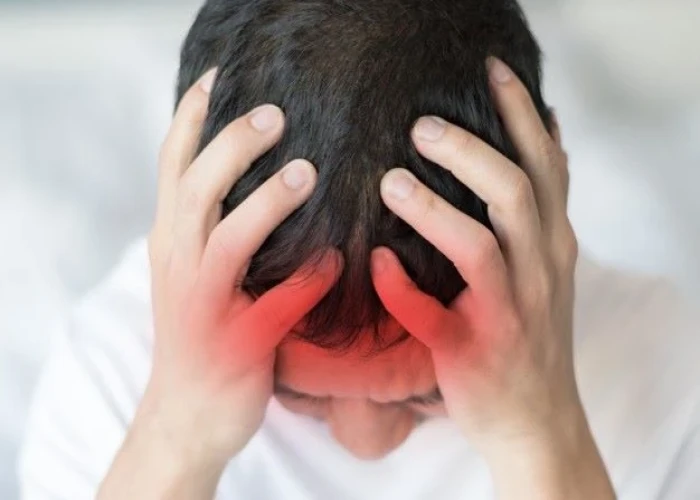
Moyamoya disease
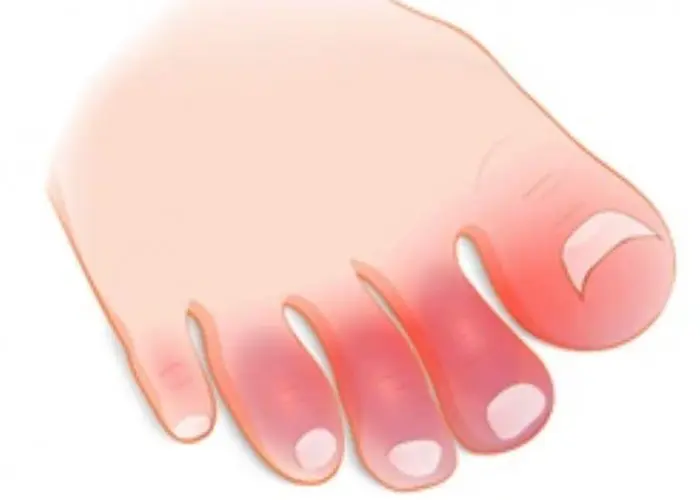
Chilblains
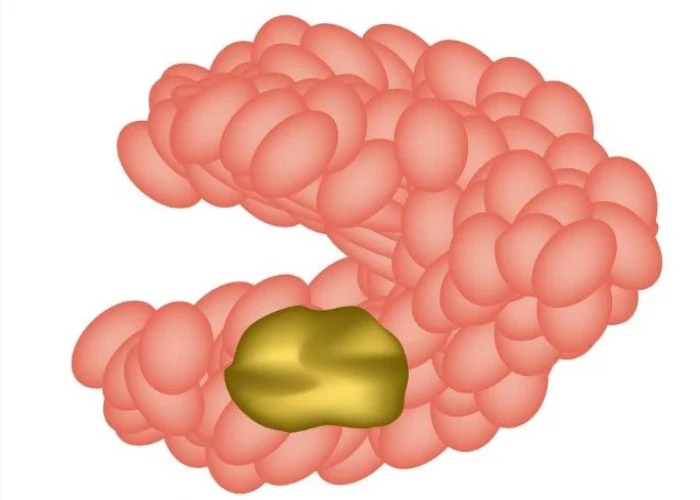
Jaw tumors and cysts

Reactive attachment disorder

Whooping cough

Childhood schizophrenia

Schizophrenia
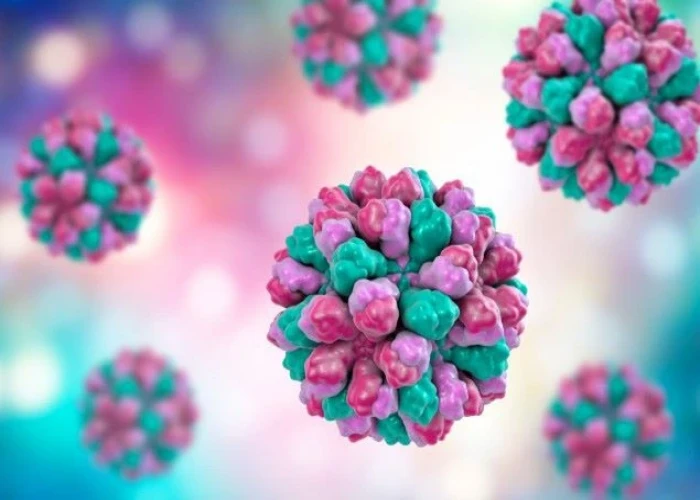
Norovirus infection
toxic hepatitis, বিষাক্ত হেপাটাইটিস
To be happy, beautiful, healthy, wealthy, hale and long-lived stay with DM3S.
